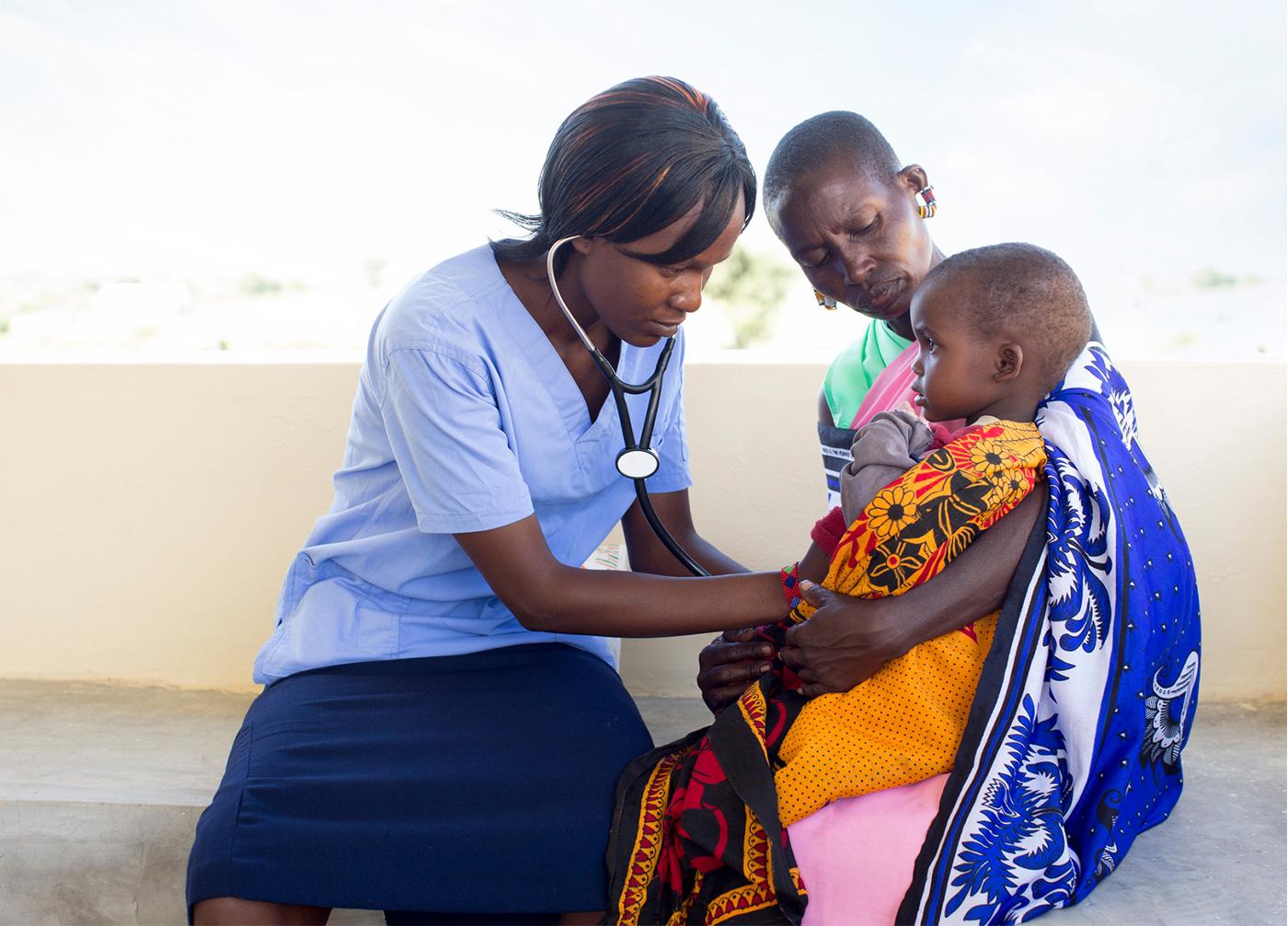This week, the World Health Assembly (WHA) is convening delegations from all 194 World Health Organization (WHO) Member States to discuss the health agenda put forth by the WHO Executive Board. One item on the table is a report released by the U.N. High Level Panel (UNHLP) on Access to Medicines, which, if executed, would hamper the power of invention. Specifically, the report recommends a series of actions that threaten medical innovation and its inventors, and—in contrast to what the report asserts—have the potential to limit access rather than expand it. It’s imperative that WHO Member States strongly advocate against the damaging proposals set forth by the report.
Ensuring patients around the world have access to the treatments they need is a critical issue. Today, nearly a third of the world’s population doesn’t have reliable access to what the WHO has deemed “essential medicines”—a problem stemming from many different issues including insufficient health care infrastructure, poor supply chains and critical shortages of trained health care workers. Yet the UNHLP report ignores these barriers, focusing instead on narrow ways to undermine proven intellectual property (IP) protections that drive the discovery of valuable innovations and improve global public health and access.
Specifically, the report calls for the undoing of important IP protections and advocates against innovators seeking patents on many new inventions, despite the fact that the vast majority (95%) of medicines on the WHO Essential Medicines Lists aren’t patent-protected. These recommendations are concerning because independent research underscores the critical nature of IP; protecting IP promotes faster access to today’s medicines and incentivizes investment in tomorrow’s treatments and cures. So, taking steps to undermine IP safeguards—as the report recommends—has the potential to be detrimental to access to medicines worldwide.
It’s unfortunate that the UNHLP report did not deliver practical solutions to the complex barriers that stand between people and the medicines they need. The WHA presents a new chance to convene stakeholders to fix these problems, rather than create more. Governments must be clear that this flawed report cannot be a basis for further international work—let’s not let the WHA be another missed opportunity for finding real solutions to a pressing global issue.


